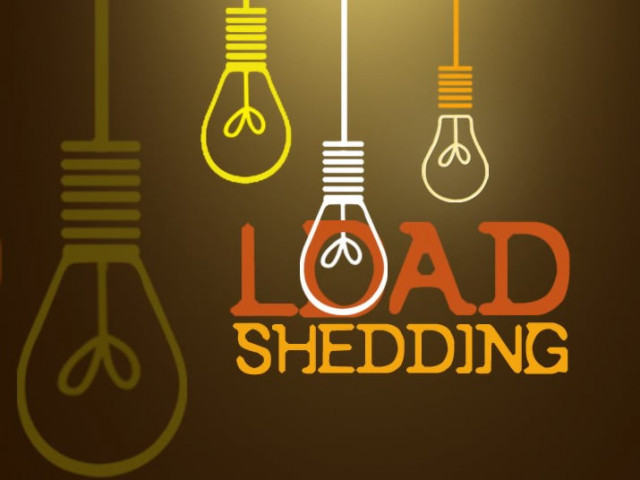Outages schedule: LHC threatens Pepco officials with contempt
Petitioner had asked the court to declare why there is uninterrupted supply of electricity to VVIPs.

Chief Justice Sheikh Azmat Saeed of the Lahore High Court has warned officials of the Pakistan Electric Power Company (Pepco) that they could face contempt proceedings for flouting orders to provide the court details of the load-shedding schedule for VVIPs.
Instead of submitting the schedule to the court on Tuesday, the Pepco counsel submitted a letter detailing which sectors were exempt from load-shedding.
The chief justice threatened Pepco counsel Khawaja Ahmed Tariq Raheem and representatives of the Ministry of Water and Power with contempt proceedings for not submitting the schedule.
However, he gave the respondents until April 2 to submit the schedule, which by The Express Tribune’s count was the ninth time he has given that order.
The letter submitted before the court on Tuesday did not include a reference number, as official documents are supposed to have.
It was signed by Pepco Director General (energy management and conservation) Muhammad Khalil.
It stated that the following sectors were exempt from load-shedding: defence production, sensitive installations, atomic energy installations, public sector hospitals, educational institutions (academics blocks), water supply tube-wells, sewage disposal stations, jails, the Pakistan Secretariat in Islamabad, the cement industry, continuous process industries like sugar, fertiliser, chemicals, paper and plastic, and textiles.
It said there was no load-shedding at agricultural tube wells, though this is being reported.
Petitioner Azhar Siddique had asked the court to declare that uninterrupted supply of electricity to VVIPs violated Article 25 of the Constitution.
Published in The Express Tribune, March 21st, 2012.



















COMMENTS
Comments are moderated and generally will be posted if they are on-topic and not abusive.
For more information, please see our Comments FAQ